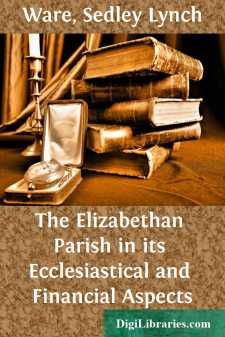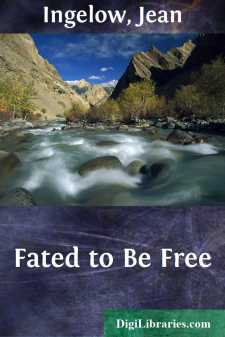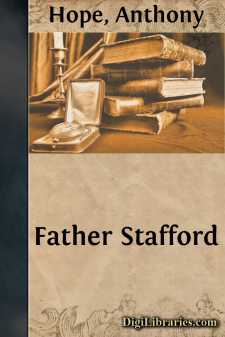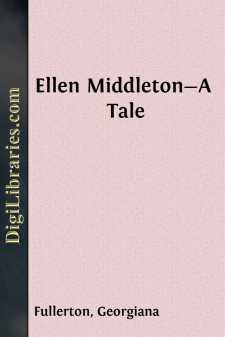Categories
- Antiques & Collectibles 13
- Architecture 36
- Art 48
- Bibles 22
- Biography & Autobiography 816
- Body, Mind & Spirit 145
- Business & Economics 28
- Children's Books 17
- Children's Fiction 14
- Computers 4
- Cooking 94
- Crafts & Hobbies 4
- Drama 346
- Education 58
- Family & Relationships 59
- Fiction 11834
- Foreign Language Study 3
- Games 19
- Gardening 17
- Health & Fitness 34
- History 1378
- House & Home 1
- Humor 147
- Juvenile Fiction 1873
- Juvenile Nonfiction 202
- Language Arts & Disciplines 89
- Law 16
- Literary Collections 686
- Literary Criticism 179
- Mathematics 13
- Medical 41
- Music 40
- Nature 179
- Non-Classifiable 1768
- Performing Arts 7
- Periodicals 1453
- Philosophy 66
- Photography 2
- Poetry 897
- Political Science 203
- Psychology 45
- Reference 154
- Religion 516
- Science 126
- Self-Help 85
- Social Science 82
- Sports & Recreation 34
- Study Aids 3
- Technology & Engineering 59
- Transportation 23
- Travel 463
- True Crime 29
Sort by:
CHAPTER I. THE ECCLESIASTICAL GOVERNMENT OF THE PARISH. The ecclesiastical administration of the English parish from the period of the Reformation down to the outbreak of the great Civil War is a subject which has been much neglected by historians of local institutions. Yet during the reign of Elizabeth, at least, the church courts took as large a share in parish government as did the justices of the...
more...
by:
Jean Ingelow
CHAPTER I. A WATCHER OF LILIES. "Unto whom all hearts be open, all desires known, and from whom no secrets are hid."—Collect, English Communion Service. In one of the south-western counties of England, some years ago, and in a deep, well-wooded valley where men made perry and cider, wandered little and read less, there was a hamlet with neither farm nor cottage in it, that had not stood two...
more...
FOREWORDS. This Essay is an expansion, in accordance with a preconceived scheme, of two papers, one on "The Witches in Macbeth," and the other on "The Demonology of Shakspere," which were read before the New Shakspere Society in the years 1877 and 1878. The Shakspere references in the text are made to the Globe Edition. The writer's best thanks are due to his friends Mr. F.J....
more...
by:
Aristophanes
INTRODUCTION "This Comedy, which was produced by its Author the year after the performance of 'The Clouds,' may be taken as in some sort a companion picture to that piece. Here the satire is directed against the passion of the Athenians for the excitement of the law-courts, as in the former its object was the new philosophy. And as the younger generation—the modern school of...
more...
by:
Emerson Bennett
THE STRANGER. That portion of territory known throughout Christendom as Kentucky, was, at an early period, the theatre of some of the wildest, most hardily contested, and bloody scenes ever placed on record. In fact its very name, derived from the Indian word Kan-tuck-kee, which was applied to it long before its discovery by the whites, is peculiarly significant in meaning—being no less than "the...
more...
by:
Anthony Hope
Eugene Lane and his Guests. The world considered Eugene Lane a very fortunate young man; and if youth, health, social reputation, a seat in Parliament, a large income, and finally the promised hand of an acknowledged beauty can make a man happy, the world was right. It is true that Sir Roderick Ayre had been heard to pity the poor chap on the ground that his father had begun life in the workhouse; but...
more...
by:
Martha Finley
CHAPTER I. The shades of evening were closing in upon a stormy March day; rain and sleet falling fast while a blustering northeast wind sent them sweeping across the desolate-looking fields and gardens, and over the wet road where a hack was lumbering along, drawn by two weary-looking steeds; its solitary passenger sighing and groaning with impatience over its slow progress and her own fatigue....
more...
by:
Frances Martin
INTRODUCTION There is a sacred privacy in the life of a blind person. It is led apart from much of the ordinary work of the world, and is unaffected by many external incidents which help to make up the important events of other lives. It is passed in the shade and not in the open sunlight of eager activity. At first we should be disposed to say that such a life, with its inevitable restrictions and...
more...
INTRODUCTION. "From each carved nook, and fretted bend, Cornice and gallery, seem to send Tones that with Seraph hymns might blend. "Three solemn parts together twine, In Harmony's mysterious line, Three solemn aisles approach the shrine. "Yet all are one, together all, With thoughts that awe but not appal, Teach the adoring heart to...
more...
by:
Alvin Addison
CHAPTER I. FLEMING'S HOTEL. In the year 1785, as, also, prior and subsequent to that time, there was a hotel situated in one of the less frequented streets of Pittsburg, then the largest town west of the mountains, and kept by one Fleming, whence it derived the name of "Fleming's Hotel." This house, a small one, and indifferently furnished, was a favorite resort of the Indians who...
more...











